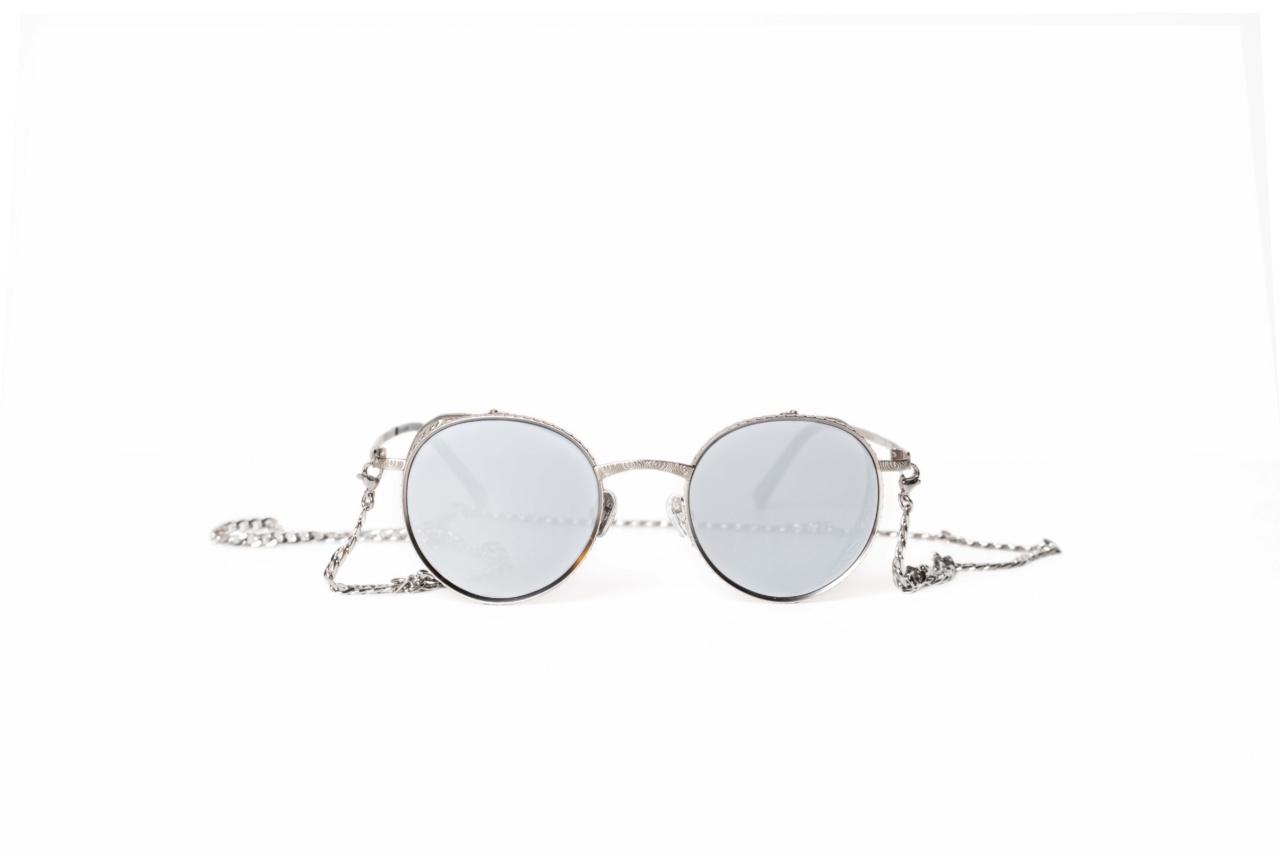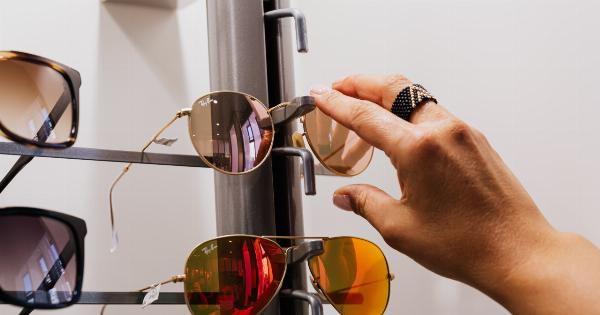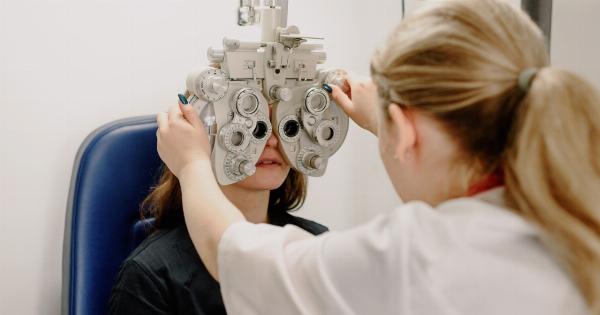Sunglasses are an essential part of our lives, especially during summers when we need to protect our eyes from the harmful effects of the sun.
They not only add style to our looks, but also protect our eyes from UV rays, dust, wind, and other harmful elements. However, besides the style and design of the sunglasses, the quality of the lens is also extremely important.
Types of Sunglasses Lenses
The type of lens used in sunglasses plays a crucial role in its effectiveness and overall quality. Let’s take a look at some of the commonly used lens types:.
- Polycarbonate Lenses: These lenses are among the most popular types because they are lightweight, durable, and provide real protection against harmful UV rays. They are also thin and impact-resistant, which makes them ideal for people with a highly active lifestyle.
- CR-39 Lenses: CR-39 lenses are also known as standard plastic lenses, and they are affordable. They are not as impact-resistant as polycarbonate lenses, but they still provide good protection from UV rays. They are not recommended for sports or other high-impact activities.
- Photochromic Lenses: Photochromic lenses are innovative lenses that automatically adjust to the amount of light around them. They become darker in bright light to provide better glare and UV protection and become lighter in low light conditions. These lenses are ideal for people who spend a lot of time driving or moving in and out of buildings.
- Polarized Lenses: Polarized lenses are considered the best when it comes to providing clarity and reducing glare. They are effective in reducing the glare reflected by water, snow, and other shiny surfaces. Polarized lenses are commonly used by fishermen and boaters who spend most of their time on the water.
- Mirrored Lenses: Mirrored lenses are ideal for people who spend a lot of time outdoors. They are reflective and can reduce the amount of visible light that passes through the lens. They also come in a range of colors.
UV Protection
One of the most important aspects of sunglasses lenses is their ability to protect your eyes from the harmful UV rays of the sun. UV radiation can cause severe eye damage, including cataracts and macular degeneration.
Therefore, it is essential to ensure that your sunglasses provide 100% UV protection.
Glare Reduction
Another essential aspect of sunglasses lenses is their ability to reduce glare. Glare can be described as the bright light that reflects off surfaces such as water or snow. It can cause eye strain, headaches, and even temporary blindness.
Polarized lenses are ideal for reducing glare and providing better clarity.
Color of Lenses
The color of the lenses is another important factor to consider when buying sunglasses. Different colors can offer various benefits:.
- Gray Lenses: Gray lenses are neutral or true color lenses that provide excellent color recognition and contrast. They are good for bright sunny days, outdoor sports, driving, and other activities.
- Brown Lenses: Brown lenses enhance contrast and depth perception. They are ideal for outdoor activities such as fishing, hunting, and hiking because they provide excellent visibility in variable light conditions.
- Green Lenses: Green lenses provide excellent color contrast and enhance visual perception. They are ideal for low to medium light conditions, and they are perfect for golfers, skiers, and other outdoor sports enthusiasts.
- Yellow Lenses: Yellow lenses provide the most exceptional clarity, but they also distort color. They are ideal for low-light conditions such as cloudy days or early mornings. They are also ideal for driving at night because they reduce glare from oncoming headlights.
- Red/Orange Lenses: Red or orange lenses are ideal for bright light conditions, such as sunny days. They enhance contrast and depth perception and block blue light, which can be harmful to the eyes.
Conclusion
Sunglasses are not just a fashion accessory; they are essential for protecting your eyes from the harmful effects of the sun.
The type of lens used in sunglasses plays a significant role in their effectiveness, and it is essential to choose the right type of lens for your needs. Consider the lens material, UV protection, glare reduction, and color when buying sunglasses. Invest in a quality pair of sunglasses with good lenses and protect your eyes from the sun’s harmful rays.



























